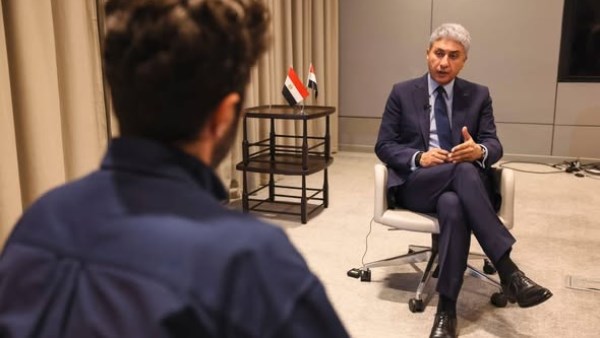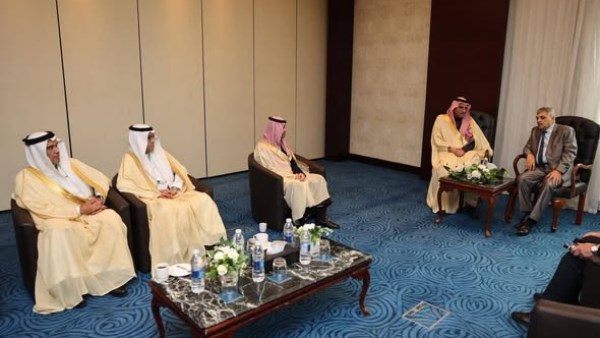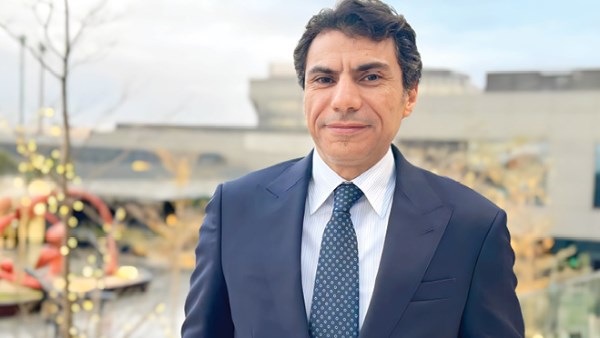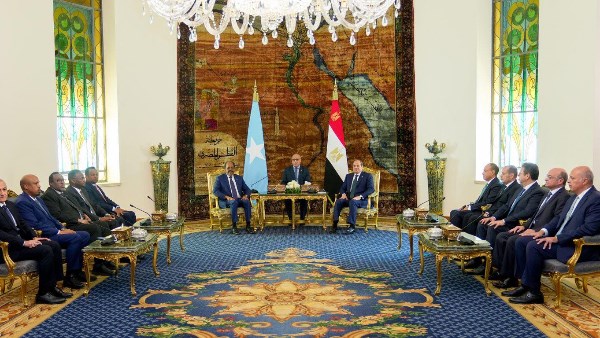
Why Closer Ties Between Russia and China Have Democracies Worried

Rivals for centuries, China and Russia now have a partnership that has “no limits,” Presidents Xi Jinping and Vladimir Putin said in early February. The energy, military and political ties nurtured over the past decade between the world’s two most powerful authoritarian states — both of which aim to upend at least parts of the US-dominated, post-Cold War order — have aroused growing concern among democratic leaders from Washington to Tokyo. Just weeks after the joint statement, when Russia invaded Ukraine, China refused to condemn the move. Still, the support Beijing has shown its ally since has proved something short of boundless.
1. What pushed China and Russia closer?
The rapprochement was driven by a common alienation from America that deepened after the 2003 US-led invasion of Iraq and became increasingly overt after the 2008 financial crisis, which originated in the US. Both states concluded that the meltdown would undercut faith globally in the US economic and political model. They increased ties cautiously until 2014, when Russia’s annexation of Ukraine’s Crimea peninsula triggered sanctions and a definitive break between Russia and the wider West. That forced Moscow to look for new partners and especially new markets for its energy exports. China was a good fit, proving a massive and fast-growing buyer of Russian commodities and weapons. The two states also share a deep hostility toward US alliances in what they consider their own rightful spheres of influence. For Russia, that’s the North Atlantic Treaty Organization in Europe; for China, it’s Washington’s network of bilateral defense treaties in the Indo-Pacific region. Though short of a formal, treaty-based alliance, the partnership between China and Russia has been enhanced by a strong personal bond between Putin and Xi.
2. Why the bromance between the two leaders?
Products of tough childhoods, both men have evinced a determination to crush dissent at home and restore their nations to greatness, ending their perceived humiliation by the US and Europe. They have met more than 30 times, making dumplings together in Tianjin and pancakes in Vladivostok. In 2019, Xi called Putin his “best friend.” In a joint statement in February, they spelled out their shared contempt for Western ideas of democracy. They defined democracy without reference to elections, independent courts or free media and said it was about economic development, with all models for public political participation equally valid.
3. What’s the history between the two states?
In the 1800s, Russia was among European powers that imposed so-called unequal treaties on China’s Qing dynasty, including one ceding the territory where the Russian city Vladivostok sits today. Relations improved dramatically for a short period after Mao Zedong led China’s Communist Party to power in 1949, finding a natural ally in Josef Stalin. But Mao opposed the political reforms known as de-Stalinization that followed the Soviet leader’s 1953 death and, in 1961, he split from Moscow. In 1969, the two countries fought a brief border war over disputed territories and, in 1972, China did the unthinkable by turning toward the US. It wasn’t until the mid-1980s, when Mikhail Gorbachev took charge in the Kremlin, that relations began to thaw again.
4. What can they offer each other now?
Since 2014, Russia has sold China some of its most advanced weapons systems, including $5 billion worth of S-400 anti-aircraft missile systems and SU-35 attack jets. Within two months of Crimea’s annexation, Russia’s Gazprom PJSC signed a deal it said was worth about $400 billion to supply China with natural gas through a pipeline called the Power of Siberia. A second pipeline deal has been struck since. In addition, the two countries have increasingly coordinated their positions at the United Nations Security Council, where both wield vetoes.
5. What worries the democratic powers?
The growing cooperation between China and Russia has led some policy makers in the US to fear that the country could be forced to fight wars on two fronts, for example if Russia were to threaten an American ally in Europe to distract the US during a confrontation with China over Taiwan. US Senator Jim Inhofe argued last year that, adjusted for purchasing power parity, the two nations combined spend more on defense than the US. There’s a wider concern that the combination of economic, military and political muscle the two can muster is emboldening other world leaders with autocratic tendencies, undermining confidence in democracy as a political system, and threatening the version of the rules-based international order promoted by the US and its allies since the end of the Cold War.
6. How has the war in Ukraine played in the relationship?
China avoided criticizing the invasion, blamed the US and NATO for the conflict, and bought Russian oil that was being shunned by some other countries, indirectly funding Moscow’s war machine. But Xi proved reluctant to unequivocally back the war or help Russia cushion the financial impact of US and European Union sanctions. In September, after the first in-person meeting between the two leaders since the invasion, Putin went so far as to acknowledge that China had “questions and concerns” about it. With a gross domestic product almost eight times the size of Russia’s, China has substantially more at stake in a global economy that’s still dominated by the US and other developed democracies.





-1120252475029447.jpg)













